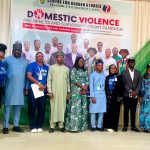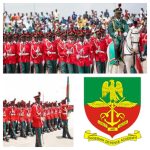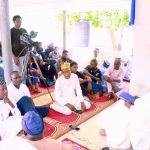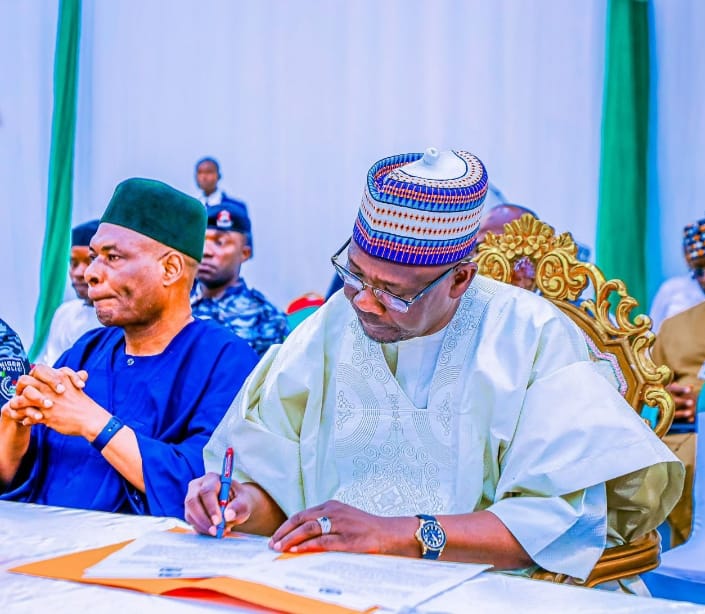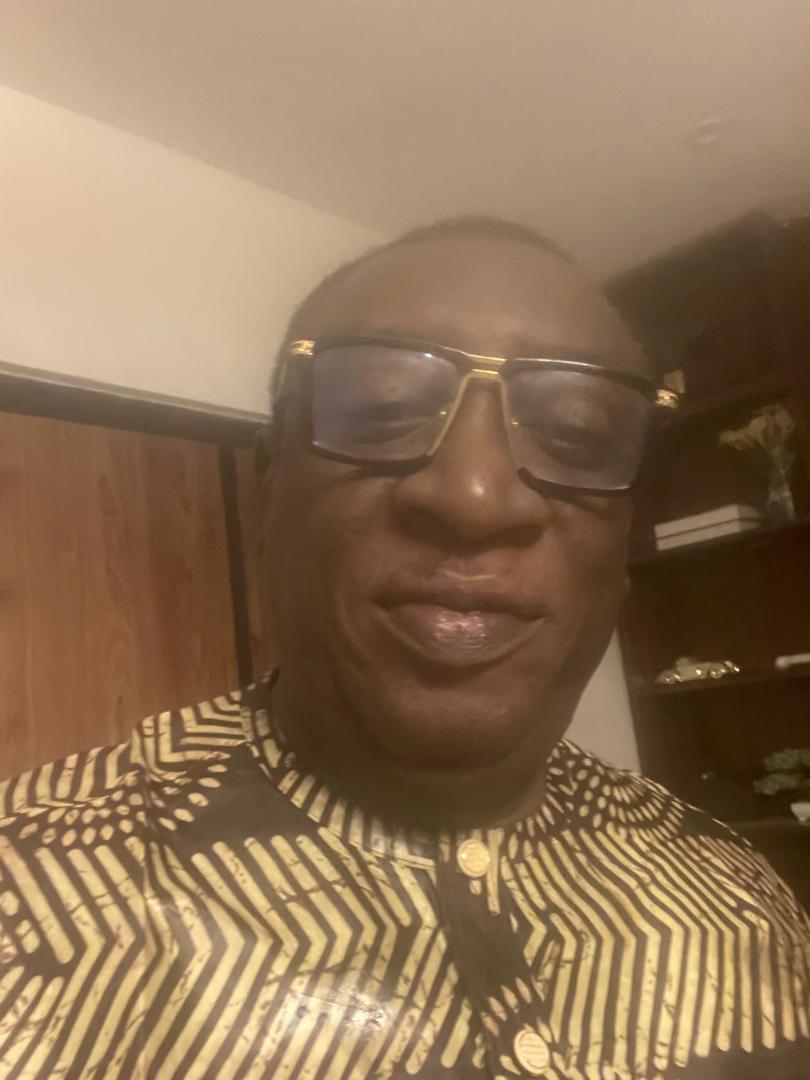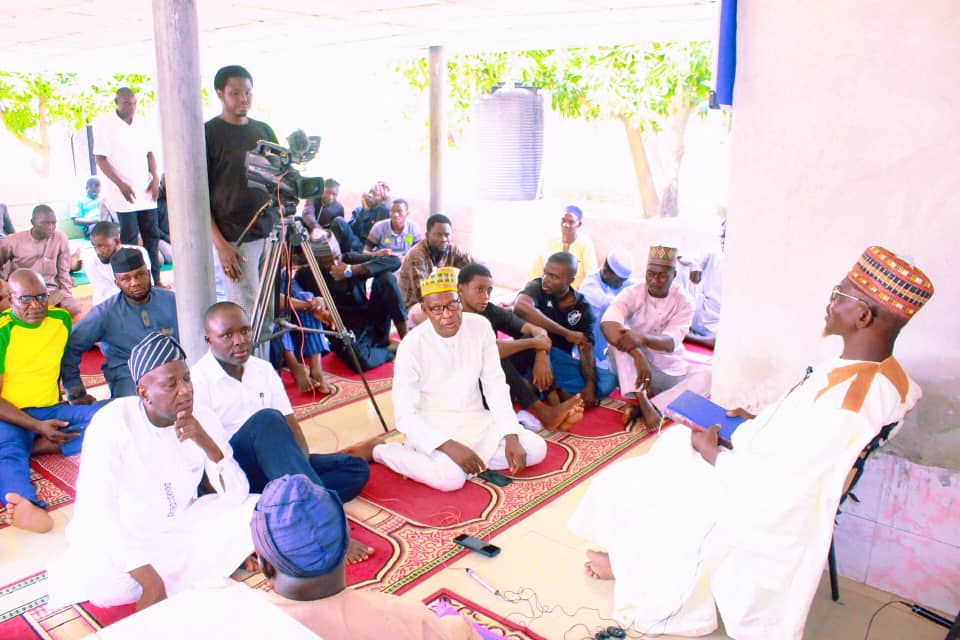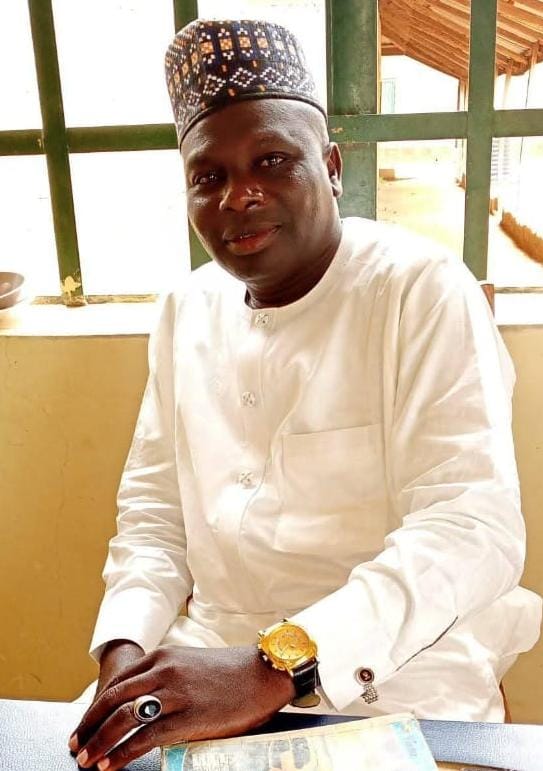…Nasarawa Governor Sule Clarifies Farmland Controversy
The Nasarawa State Government has started harvesting its 2,000-hectare rice farm in Jangwa, Awe Local Government Area, as part of President Ahmed Bola Tinubu’s Food Security Programme under the Renewed Hope Agenda.
The 2000 hectares of rice is part of the 10,000 hectares initially earmarked for the food security programme.
Speaking to journalists shortly after witnessing the harvest, Governor Abdullahi Sule, expressed confidence that the yield at the Jangwa rice farm would exceed expectations.
According to the Governor, within the two days of the commencement of the exercise, so far 200 jumbo bags of rice have been harvested on nearly 14 hectares of the farm, using three combined harvesters.
He explained that with Nasarawa State mostly referred to as the home of solid minerals and agriculture, the state government saw the need to provide the needed leadership in agriculture by embarking on the cultivation of 10,000 hectares of land.
“That is the reason why we decided that in order to be part of this food security initiative under the renewed hope agenda of President Tinubu, Nasarawa State as a government should be able to show example and show the way. Luckily for us, we identified about 10, 000 hectares of land around here, and we decided that before we do anything, let us at least plant 2000 hectares and see what happens,” he said.
He said activities began on the Jangwa rice farm six months ago and the harvest is made possible because of the type of seeds planted on the farm.
“This was just over a little six months ago. Because of the type of seeds that we planted, it is supposed to mature in less than six months. That is why today you can see we are harvesting. The meaning of that is that we are going to have two harvests every year by the grace of God,” he said.
The Governor pointed out that from the harvest made already and considering the size of the farm, there is need for additional combine harvesters, especially that only 14 hectares out of the two 2000 was able to be harvested in two days.
This is just as Governor Sule used the opportunity to clear the air over allegations of seizure of lands belonging to local farmers being used as part of the government’s 10,000 hectares farm.
He denied that his administration forcefully took away lands belonging to the locals, stressing that the entire land being used as part 10,000 hectares belong to the Nasarawa State Government.
The Governor however said there is dispute over a portion of land, not more than 300 hectares, which is also part of the 10,000 hectares, after some people that encroached on government land and stayed for a long period, are showing reluctance to live the land.
“First and foremost, we have not even reached that area yet. But the area that people have in question is part of this 10,000 hectare. As I have said, we only cultivated and are harvesting 2000 hectares. This land there has not been any dispute whatsoever.
“It is part of the additional area that we are clearing in order to reach our 10,000 hectare that there are some communities, it used to be government land. But since government was not farming, some of these people moved in. And when they moved in they started working in the area. And they are our people. You can’t just come and eject them like that. They are carrying on their kind of farming in those areas. They have also planted some economic trees. They have built houses,” he said.
He added that it is for this reason that his administration limited its farming activities to the 2000 hectares, while arrangement is being put in place to pay compensation to the affected communities.
“That is the reason why we didn’t go beyond this 2000 hectares which has no kind of economic tree or housing, that is where we planted. The additional areas we are going, we are going into some kind of compensation. In addition to that, everything we are doing, we are leaving a small area for the people to carry on their farming. A lot of them will be employed to work on our farm,” he stated.
Governor Sule assured that his administration would allow members of the affected communities to keep their farms and still maintain such.
“In situations like that, we will carve out an area. The remaining 8000 hectares that we have, the total area that people are doing any activity whatsoever, trees and houses, is not more than 300 hectares. All the noise you are hearing, is only about 300 hectares that people are talking about,” he said.
He noted that it is always to be expected that people would resist change.
“Any time you want to do something good, some people will come out with something. That is why we will not go to those areas now. We are not going anywhere close to the areas in dispute. Those areas are close to Agwatashi. That is even in Obi Local Government not around Jangwa. This area from day one that we came was a plain land, purely for agriculture owned by the NADP, owned by the state,” he added.
The Governor expressed satisfaction that two years ago, his administration awarded the construction of the Ribi-Jangwa-Agwatashi rural road but later upgraded the contract to an asphalt road.
He pointed out that the work on the Ribi-Jangwa section of the road has reached advanced stage and would facilitate the transportation of the harvested rice outside the area.
“You have seen, as if we knew, Jangwa is one of the places that we loved so much in Ribi District of Awe Local Government Area. I gave the first road contract here two years ago for rural road. Now we have awarded another contract for asphalt for them, not necessarily for the farm but for the people of Jangwa. Because they also believed in agriculture. Apart from our 10,000 hectare farm, they have several other farms here. In order for them to be able to take out their produce to the market, they need the road,” he said.
He also used the opportunity to thank the Commissioner for Agriculture, Hon. Umar Tanko Danakano, the project manager, Engineer Ogunwale, a retired general manager from the Dangote Group, as well as the people of the area, for their support and cooperation.
“We thank God, we thank the good people of Nasarawa State, especially the people of Jangwa that have given us maximum cooperation from day one. They have shown so much support to this project and today you can see clearly that they believe in this project and they are all here, including their traditional ruler. All the women that we engaged to be part of this project are all from here,” he said.


